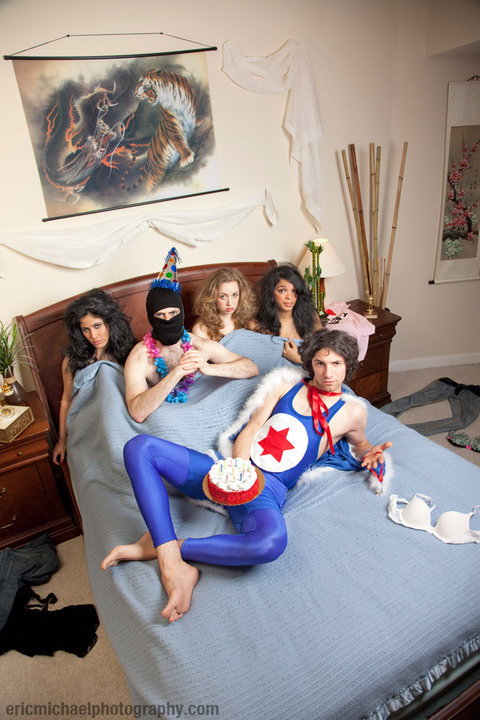

They were to have thirteen children together. All the released prisoners were forced to emigrate and O'Donovan Rossa moved to New York City with his now third wife, Mary Irwin from Clonakilty in West Cork, whom he had married in 1864. The Fenian prisoners were granted early release from jail in 1871 following a public enquiry into the conditions in which they, including O'Donovan Rossa were held. The ringleaders of the rebellion were rounded up by the authorities and also eventually imprisoned in England following trial. His peers planned the rebellion of 1867 which failed after a few brief skirmishes and armed battles in some isolated parts of Ireland, most notably Tallaght outside Dublin.


He was imprisoned in 1865 as a result of his activities as manager of the nationalist newspaper "The Irish People" and served his prison sentence in a variety of prisons in England. Following the death of his first wife in 1860 he subsequently married Ellen Buckley from Castlehaven who died in childbirth in 1863. By 1858 he had been sworn into the Irish Republican Brotherhood (IRB) known colloquially as the "Fenians", a reference to " Na Fianna" a band of warriors who defended Ireland from invaders in Irish mythology. He married the first of his three wives, Nano Eager, a Killarney woman, in 1853. This was essentially a secret society whose aim was Irish independence from Britain. The 1848 Young Irelander rebellion and the growing independence/anti-imperialist movements in Europe around this time inspired the young O'Donovan Rossa and in 1856 he formed the "Phoenix National Literary Society" in Skibbereen town. O'Donovan Rossa's own father died in 1847 of an illness related to severe malnutrition and the teenager moved to Skibbereen to work in his cousin's shop in the town. The Great Famine as it became known, caused one million Irish people to lose their lives in these years and another million to emigrate. While a young boy, the failure of the main food crop of the Irish population which was the potato, in sucessive years between 18 lead to a devastating famine which hit the West Cork area in which he lived, particularly hard. He was the son of a tenant farmer, Denis O'Donovan and his wife Nellie O'Driscoll. Jeremiah O'Donovan Rossa was born in 1831 in a small village called Reenascreena near Rosscarbery, West Cork, a scenic popular are of South West Ireland visited frequently by those on self drive tours.


 0 kommentar(er)
0 kommentar(er)
